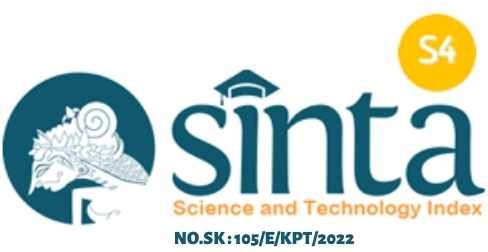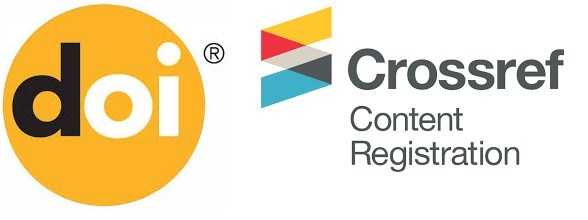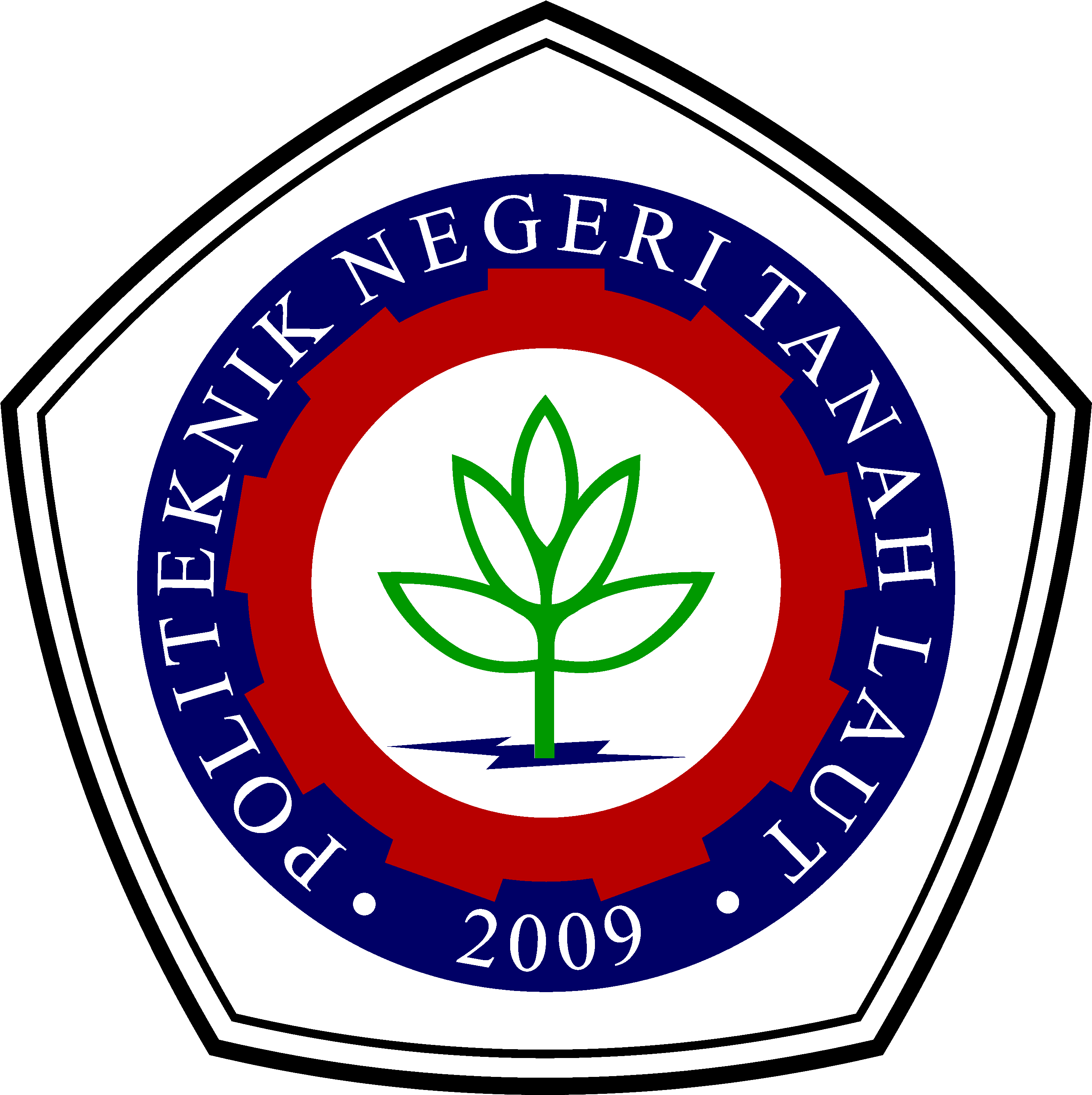KONTRIBUSI PERCEPATAN INKLUSI DAN LITERASI KEUANGAN BAGI KINERJA UMKM KULINER DI KOTA SURAKARTA
DOI:
https://doi.org/10.34128/jra.v6i1.137Keywords:
Financial Inclusion, Financial Literacy, Smes Performance, Surakarta CityAbstract
Economic development The Micro, Small and Medium Enterprises (MSMEs) sector has a high influence on the Gross Domestic Product (GDP), which is 7% of the total GDP in 2012 (Kementerian Koperasi dan UMKM RI, 2013). The contribution of MSMEs has shown tangible results in the national economy, but MSMEs still find several obstacles such as limited working capital, limited technology, production, marketing and restrictions on business quality and human resources (Anggraeni, 2019). This will have an impact on performance if business actors are not able to manage properly. Business performance usually has a special measure and can measure the success of a business in obtaining profits (Kusumadewi, 2020). The main factor that often makes the financial performance of MSMEs grow is access to capital.  Another influential factor is the expansion of financial access followed by knowledge in the financial sector also has an impact on increasing economic growth (Yanti, 2019). This study aims to test whether financial inclusion and financial literacy influence the performance of MSMEs in the culinary sector in Surakarta City. The sample in this study amounted to 100 respondents. The data is then processed using smart PLS. The results of the research hypothesis test shows that financial inclusion and literacy have a significant and positive influence on the performance of MSMEs in the culinary sector in Surakarta City.
References
Adomako, S., Danso, A. and Ofori Damoah, J. (2016) ‘The moderating influence of financial literacy on the relationship between access to finance and firm growth in Ghana’, Venture Capital, 18(1), pp. 43–61. Available at: https://doi.org/10.1080/13691066.2015.1079952.
Aribawa, D. (2016) ‘PENGARUH LITERASI KEUANGAN TERHADAP KINERJA DAN KEBERLANGSUNGAN UMKM DI JAWA TENGAH’, SIASAT BISNIS, 20(1), pp. 1–13. Available at: https://doi.org/10.1007/s10006-013-0431-4.
Azwar, A.A. (2017) ‘Analisis Empiris Inklusifitas Keuangan Syariah Di Indonesia’, Jurnal BPPK : Badan Pendidikan dan Pelatihan Keuangan, 10(1), pp. 1–21. Available at: https://doi.org/10.48108/jurnalbppk.v10i1.21.
Baby Stephani Kasendah, C.W. (2019) ‘PENGARUH LITERASI KEUANGAN TERHADAP KINERJA UMKM’, jurnal manajeman and bisnis, 3(1), pp. 2655–8327.
Bahiu, et al (2021) ‘PENGARUH LITERASI KEUANGAN, PENGELOLAAN KEUANGAN TERHADAP KEUANGAN UMKM DI DESA GEMEH KABUPATEN KEPULAUAN TALAUD’, ISSN 2303-1174, 9(3), pp. 1819–1828.
Fajri, A.A. and Indriasih, D. (2021) Pengaruh Inklusi Keuangan dan Literasi Keuangan terhadap Kinerja UMKM Batik di Kabupaten Tegal. Available at: http://permana.upstegal.ac.id/index.php/permana.
Febriana, S.N. and Sulhan, M. (2021) ‘PENGARUH INKLUSI KEUANGAN DAN LITERASI KEUANGAN TERHADAP KINERJA UMKM PADA MASA PANDEMI COVID 19 (Studi kasus pada UMKM Kabupaten Malang)’, COMPETITIVE, 16(2). Available at: http://ejurnal.poltekpos.ac.id/index.php/competitive%7C59.
Ghozali (2016) Aplikasi analisis Multivariate dengan program SPSS. Semarang: Universitas Diponegoro.
Hermawan, A., Gunardi, A. and Sari, L.M. (2022) ‘Intention to Use Digital Finance MSMEs: The Impact of Financial Literacy and Financial Inclusion’, Jurnal Ilmiah Akuntansi dan Bisnis, 17(1). Available at: https://doi.org/10.24843/jiab.2022.v17.i01.p12.
Nugraha, U. (2018) ‘Strategy to Accelerate Financial Literacy Rate in Indonesia: Best Practices from Selected Countries’, Jurnal Perencanaan Pembangunan: The Indonesian Journal of Development Planning, 2(1), pp. 78–86. Available at: https://doi.org/10.36574/jpp.v2i1.33.
Puspitasari, R. and Astrini, D. (2021) ‘Dampak Literasi Dan Inkuisi Keuangan Terhadap Kinerja Pelaku UMKM Di Kota Bogor’, Jurnal Ilmiah Manajemen Kesatuan, 9(2), pp. 181–190. Available at: https://doi.org/10.37641/jimkes.v9i2.771.
Ruli, M., Hilmawati, N. and Kusumaningtias, R. (2021) ‘Nominal: Barometer Riset Akuntansi dan Manajemen INKLUSI KEUANGAN DAN LITERASI KEUANGAN TERHADAP KINERJA DAN KEBERLANGSUNGAN SEKTOR USAHA MIKRO KECIL MENENGAH’, 10(1).
Sanistasya, P.A., Rahardjo, K. and Iqbal, M. (2018) Pengaruh Literasi Keuangan dan Inklusi Keuangan Terhadap Kinerja Usaha Kecil di Kalimantan Timur, Jurnal Economia. Available at: https://journal.uny.ac.id/index.php/economia.
Sartika, D. (2022) The Effect of Financial Literature and Inclusion on the Performance of MSMES in the Livestock Food Processing Industry in West Sumatera, Quest Journals Journal of Research in Agriculture and Animal Science. Available at: www.questjournals.org.
Septiani, R.N. and Wuryani, E. (2020) ‘PENGARUH LITERASI KEUANGAN DAN INKLUSI KEUANGAN TERHADAP KINERJA UMKM DI SIDOARJO’, E-Jurnal Manajemen Universitas Udayana, 9(8), p. 3214. Available at: https://doi.org/10.24843/ejmunud.2020.v09.i08.p16.
Sugiyono (2013) METODE PENELITIAN KUANTITATIF KUALITATIF DAN R&D. bANDUNG: ALFABETA, CV.
Yanti (2019) ‘PENGARUH INKLUSI KEUANGAN DAN LITERASI KEUANGAN TERHADAP KINERJA UMKM DI KECAMATAN MOYO UTARA’, jurnal manajemen dan bisnis, vol 2(1), p. 10.
Downloads
Published
How to Cite
Issue
Section
License
Copyright (c) 2023 Gustita Putri, Helga Arqila Santoso, Purwanto Purwanto

This work is licensed under a Creative Commons Attribution-NonCommercial-ShareAlike 4.0 International License.













